Renée Anderson has worked in the cotton industry for over 20 years. And today she’s more passionate than ever about the future of the industry, including the products, the practices, and of course the people.
Renée is a farmer in Emerald, Queensland, an agronomist, and overall a champion for the cotton industry and for science-based communications. She’s also a 2019 Nuffield scholar, having returned earlier this year from a trip overseas to explore, “management practices that improve the social, environmental and economic sustainability of agriculture, and clearly communicate positive farming practices to consumers and drive broader community support for the industry.”
In addition to stories from her travels, Renee shares:
how technologies have helped farmers to build trust and overcome social license issues;
the importance of science-based communications in agriculture; and
how sometimes it’s the simple solutions that can really make a difference on-farm.
Renée kindly reminded me that not everyone learns by listening, so I’ve tried to summarize my key insights from the episode here in writing.
#1 Get the boots on the ground view
Renée has found that HR and workplace health and safety are key aspects of best management practices, and can often be a good place to start making changes. In fact, working on these elements is a great way to make sure your staff feels like they have ownership over the on-farm practices.
“Looking after your staff is really important, as it’s hard to get staff on-farm. You have to make sure they’re happy, healthy, being paid, and that their wellbeing is looked after.”
A simple way to do this, and to get ideas from the team about areas for improvement, is a daily session, perhaps over morning tea, where everyone shares what worked well the day before, what didn’t work well, and any areas that need improvement, whether maintenance or risks to be addressed.
Renee has found that especially during stressful times, like picking when everyone is “hot, tired, and grumpy,” having a regular session to reflect and make improvements gives everyone confidence that they’re going to be safe and looked after while at work.
Rather than top-down policies, this bottom-up approach means everyone can contribute and the boots-on-the-ground view of the farm can be shared and discussed. “They're a farmer as well, so I think it's important that they come along with the program.”
#2 Keep it simple!
While sometimes complex technologies are needed for big advancements in agriculture, like with the GM technology that has helped reduce herbicide and insecticide use in the cotton industry, there are often simple solutions that can make a difference.
Renee sees this on twitter all the time: farmers posting “home hacks” for how to solve issues with equipment, animals, and even staff using parts that are laying around.
“The more practical and low cost that you can keep solutions for farmers, the more likely they are to implement. Quite often the biggest barrier is ‘this is going to be really hard’ or ‘this is going to be really expensive,’” she advises.
One of Renee’s examples is an emergency shower, made out of poly pipe and an old shower head. “Farmers are always looking for things that are going to save money and time, like not having to go to town and buy a really expensive emergency shower.”
This philosophy applies to agtech too, of course. For any tech developers out there, Renee’s advice is to talk to farmers, and to keep it simple!
#3 Be brave, and don’t take it personally
After spending time learning from science communicators about how to effectively share insights about agriculture to non-ag audience, Renee has begun to put the learnings into practice. But talking about hot button issues such as drought and GMOs is not easy.
“It’s very hard to put yourself out there and have an opinion or even make a statement that other people disagree with. A lot of people can be quite personal when they attack me. My DMs are quite awful,” Renee explains.
Renee’s advice is to stay focused on key issues where you’ve done your homework, “take a step back” when things get overwhelming, and ultimately, don’t take it personally. Over time, she says, it stops being emotionally difficult to respond.
It’s all about the people
Finally, as we often discuss with podcast guests, in agriculture, in business, and in life: it’s all about the people. Whether you’re a farmer working with your staff, a grower group working with a tech company, or an agronomist working with a researcher, building trust and genuine connections is the foundation for coming up with good ideas, making changes, and ultimately getting work done.
I’m so grateful to Renée for not only coming on the podcast to discuss this, but also for our follow up discussions around- as I say at the end of the episode- the areas for improvement we have in agriculture, including calling out racism. Even, or especially, in these uncomfortable areas and in these tense times, it’s critical we all raise awareness and work towards change.
Others talking about, and taking action against, racism in agriculture
Soul Fire Farm & this video about how theyre ending racism and injustice in the food system
Two-party story from the New York Times about racism in agriculture, and the largest civil rights settlement in American history. Part one here and part two here
Julius Tillery (@Mr_Black_Cotton) on The Farmer and the City Girl podcast
Rethinking Indigenous Australia's agricultural past here
Renee’s favorite science communicators
Iida Ruishalme at Thoughtscapism
Mark Lynas’ book Seeds of Science: Why we got it so wrong on GMOs (one of my favorites)
Nick Saik at Know Ideas Media
Other resources mentioned
Cotton Australia mBMP program- https://cottonaustralia.com.au/mybmp-program
Nuffield- https://www.nuffieldinternational.org/

